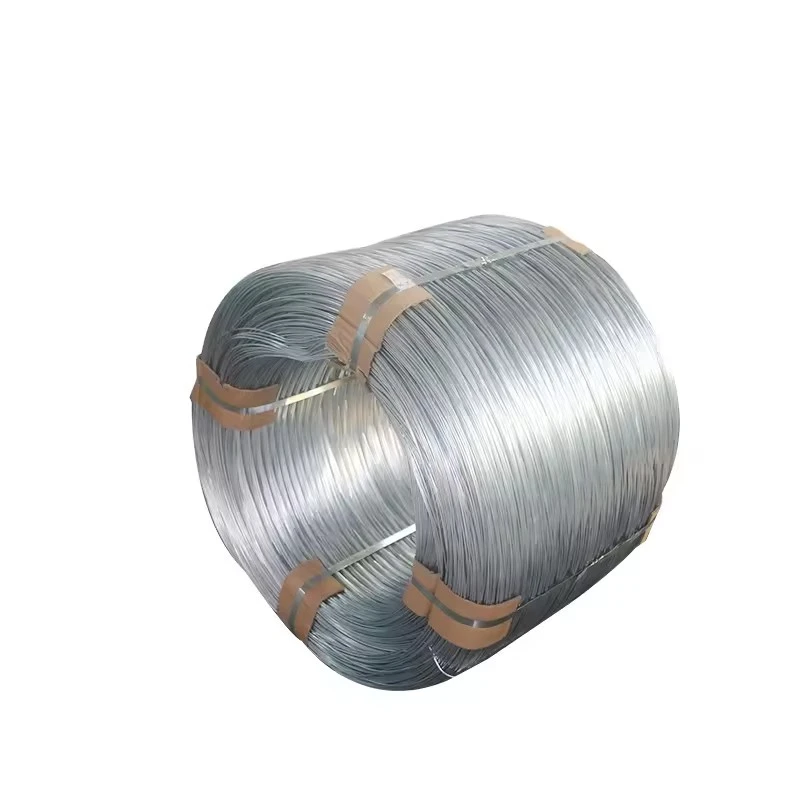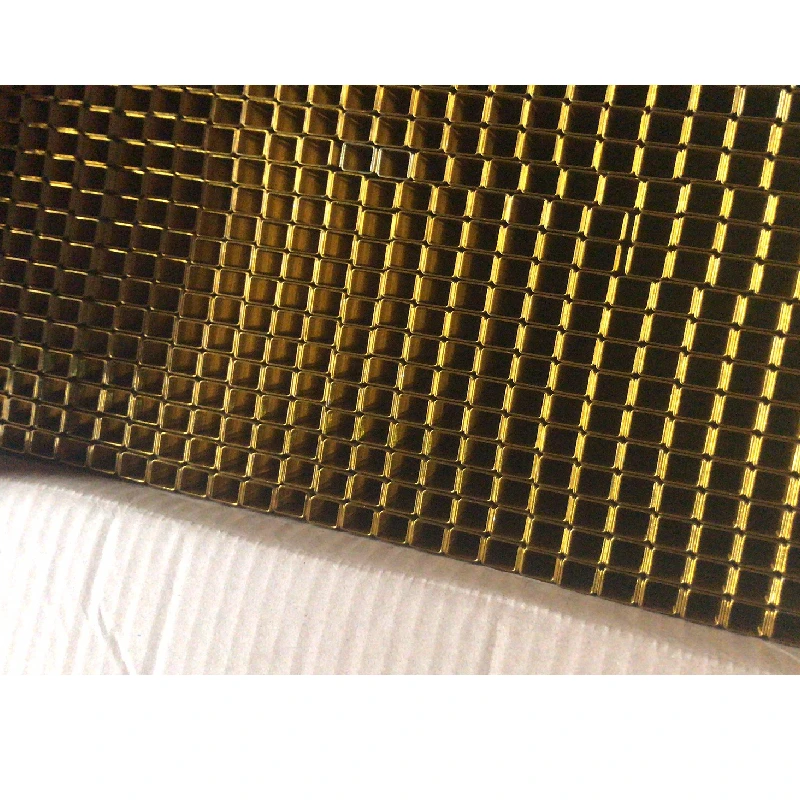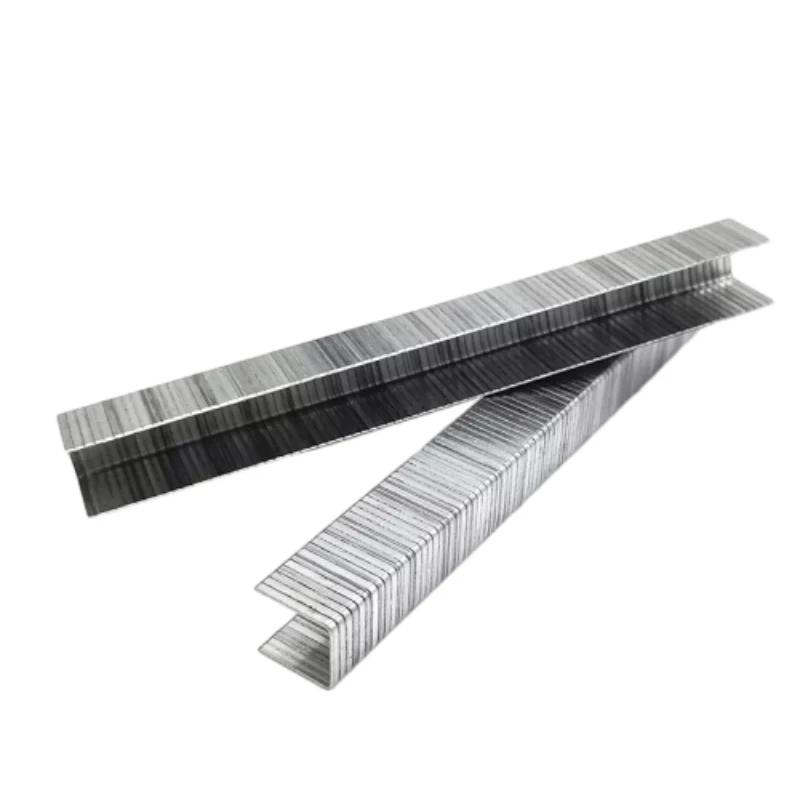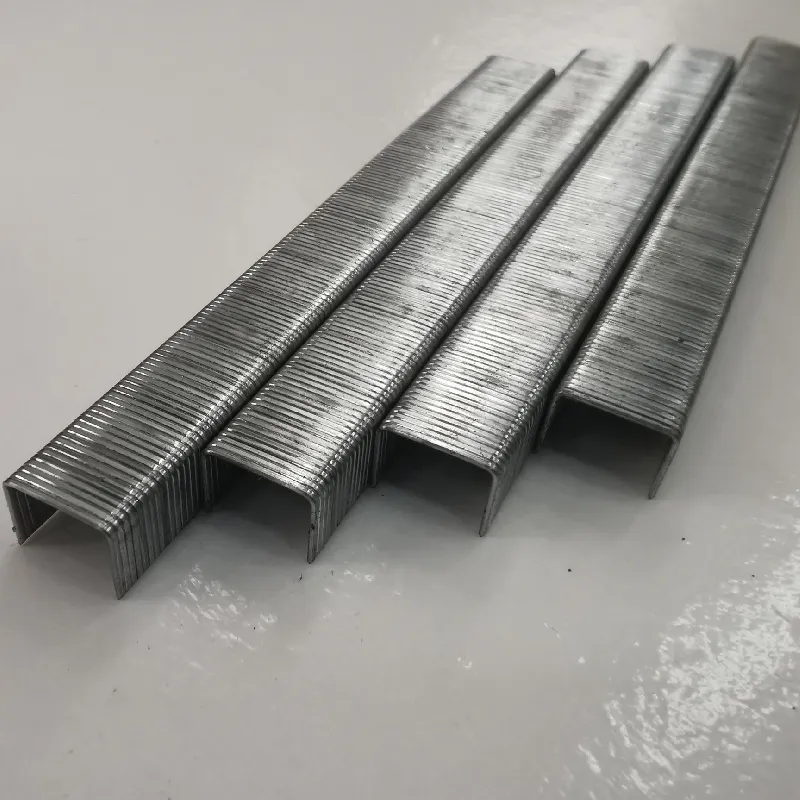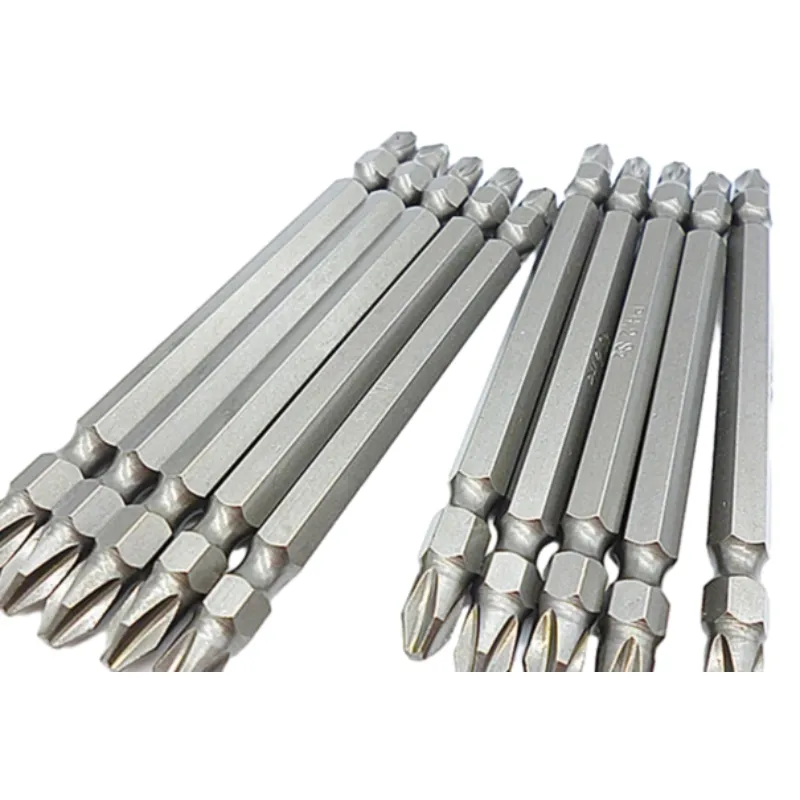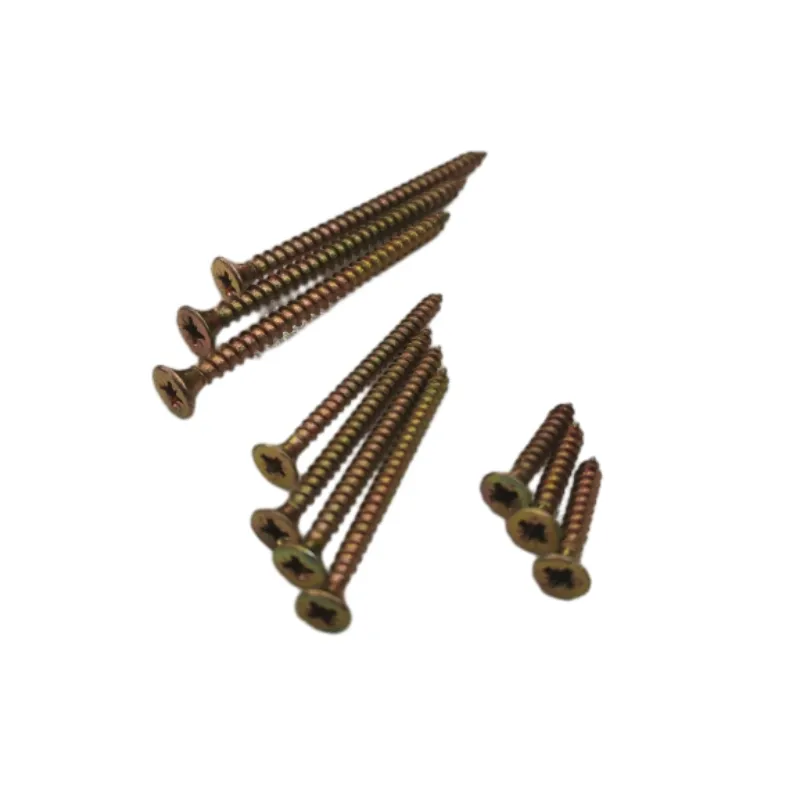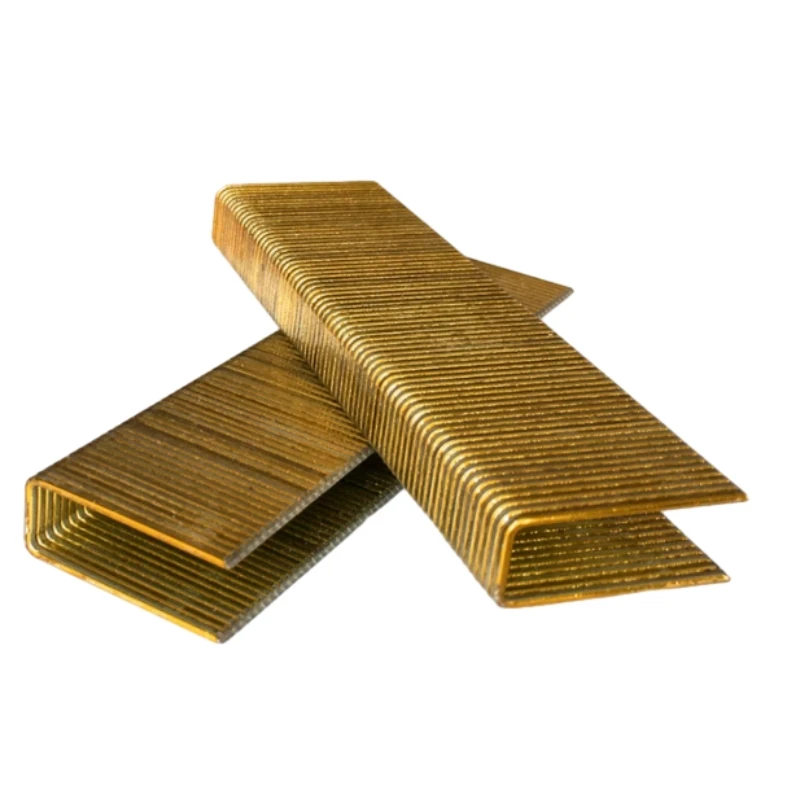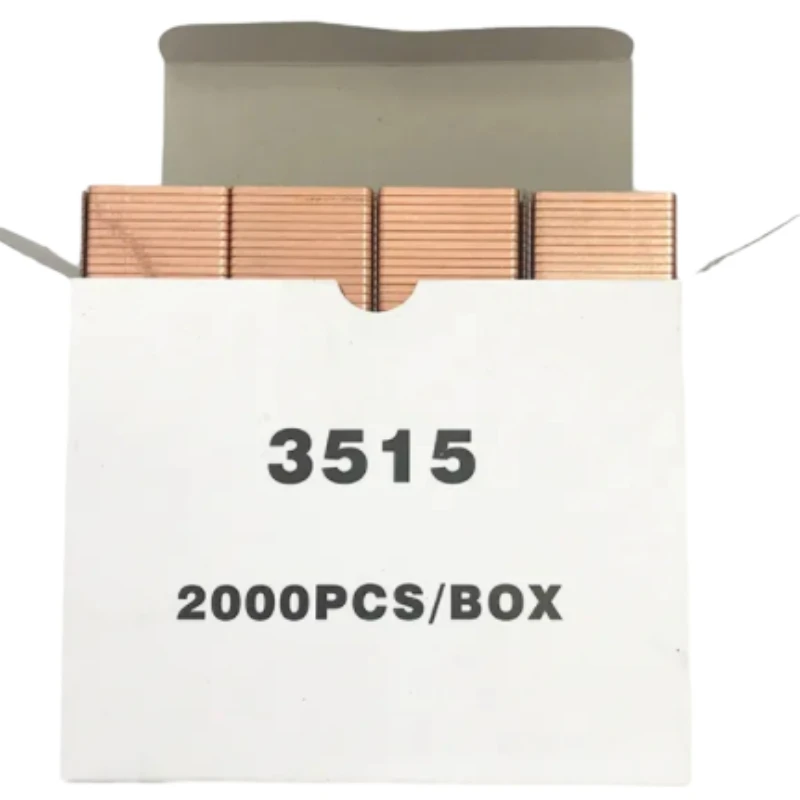Drut do gwoździ i zszywek
Nail wire is a type of drawn metal wire used specifically for the production of nails through a cold heading and forming process. Typically made from mild steel, it possesses the ideal combination of ductility and tensile strength to withstand shaping into various types of nails without cracking or breaking. The mild steel nail wire is commonly referred to as MS nail wire, and it plays a crucial role in producing nail common wire products that are widely used in construction, woodworking, and general fastening applications.
The wire comes in various diameters and can be tailored for making wire nails of different lengths and heads. A key benefit of nail making wire is that it can be efficiently processed in high-speed automatic nail-making machines, ensuring consistent quality and fast production. Some manufacturers may opt for galvanized nail wire for enhanced corrosion resistance, while others prefer raw MS wire for nail making due to cost-effectiveness in indoor or temporary applications. In summary, nail wire is the backbone of the nail industry, and its quality directly affects the performance and longevity of the nails produced.
What Is Mild Steel Nail Wire and Why Is It Preferred in Nail Making?
Mild steel nail wire, also known as MS nail wire, is one of the most widely used raw materials in the nail manufacturing industry. It is derived from low carbon steel, which offers a perfect balance between malleability and tensile strength. These properties make mild steel wire for nail making ideal because it can be easily drawn into different wire sizes, shaped into nails, and formed into heads or points without cracking or losing integrity.
The uniformity and workability of MS wire for nail making ensure that nail production runs smoothly and efficiently in high-speed machines. Moreover, nail making wire made from mild steel is versatile; it can be used to manufacture common wire nails, coil nails, concrete nails, and even specialty nails with unique coatings. The wire’s surface can be treated or galvanized to enhance corrosion resistance, especially for outdoor applications. For customers seeking an economical, reliable option for nail production, mild steel nail wire remains the most popular and trusted choice worldwide.
How Is Nail Making Wire Processed and What Types Are Available?
Nail making wire is processed through a combination of wire drawing and heat treatment to achieve the desired diameter, strength, and flexibility. The base material is typically mild steel, which is passed through a series of dies to reduce its diameter while maintaining its structural integrity. The wire is then annealed or surface treated to remove brittleness and prepare it for forming. Depending on the end-use, different wire gauges and surface finishes are selected.
There are multiple types of nail making wire, including MS wire for nail making, mild steel nail wire, galvanized wire, and even high-carbon wire for special applications like concrete nails. Additionally, the term nail common wire refers to standard gauge wire used for general-purpose nails, while finer or heavier gauges are chosen based on specific product requirements. Specialty wires may also include staple wire for making industrial staples. Each type is chosen based on the mechanical properties needed in the final product. Thus, choosing the correct nail wire type is critical to ensure efficient production and end-product quality.
What Is Nail Common Wire and How Does It Differ from Other Nail Wires?
Nail common wire refers to the standard wire gauge used for manufacturing common nails, which are primarily used in framing, woodworking, and general construction. Unlike specialty nail wires such as staple wire or concrete nail wire, common wire is typically made from mild steel and is designed to offer a strong grip and excellent hold in wood and soft materials.
This type of wire is generally uncoated but may be available with a galvanized finish for corrosion resistance. While mild steel nail wire and MS nail wire are broader terms referring to the material composition, nail common wire specifies a specific type of nail produced from that material. It's used when a strong yet economical fastening solution is needed. Nail manufacturers favor nail making wire made from nail common wire due to its consistent quality and ease of processing. Whether you’re producing box nails, duplex nails, or framing nails, nail common wire remains a cost-effective and reliable base material.














































































































